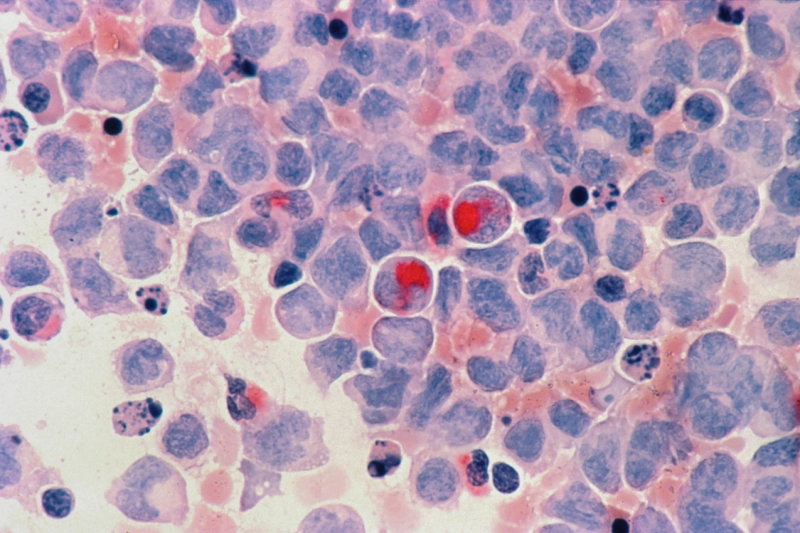By: Rachel Muller-Heyndyk
October 7 2021
There is no robust evidence to confirm that cannabis oil can cure cancer. Certain forms of cannabis oil are legal in the U.K.
Claim ID 179c0a9b
There is no robust evidence to confirm that cannabis oil can cure cancer. Certain forms of cannabis oil are legal in the U.K. A Facebook post falsely stating that cannabis oil can cure cancer has been shared over 4,000 times in the past 24 hours alone (October 7, 2021). The text on the image within the post reads: "Cannabis oil- we don't have to find a cure for cancer. We need to legalize the cure for cancer."
Firstly, cannabis oil can legally be used and sold in the U.K. so long as it contains less than 0.2 percent THC, the psychoactive extract found in cannabis plants. CBD, the cannabinoid most commonly used in cannabis oils across the U.K, does not contain psychoactive properties.
There is no evidence that can cannabis is a cure for cancer, and research into its potential as a treatment for cancer has been both mixed, and limited. According to Macmillan, CBD does have medicinal benefits. Several medicines in the UK contain cannabinoids, including Nabilone, which is used to relieve the side effects of chemotherapy. Sativex, or nabiximols, also contains cannabinoids and has also been approved to help relieve the symptoms of multiple sclerosis (MS) and pain caused by neuropathic-related cancer.
There has been increased interest in the use of CBD as a cancer treatment in recent years. Some research has shown that cannabinoids can cause cancer cells to die and stop them from dividing. However, this research has often been limited to lab studies and analysis of animal cells. Furthermore, other studies have found that cannabinoids could even damage blood vessels and cause cancer cells to spread.
Cancer Research has stressed that there needs to be more research into cannabinoids before their benefits in treating cancer can be confirmed. There are only two clinical UK clinical trials looking at cannabinoids specifically as a cancer treatment. Recently, researchers looked into Sativex as a treatment for reoccurring brain tumors, alongside chemotherapy and the cancer drug temozolomide.
It found that 83 out of 100 people (83%) were alive after one year using Sativex, compared to 44 out of 100 people (44%) taking the placebo. It is still too soon to say whether it can be used as a treatment, as Cancer Research added that the trial only involved 27 people. The aim of the research was to find out if Sativex and temozolomide were safe to use together. Phase 2 trials are due to begin in 2022.
The most promising results so far have come from a lab study conducted by the University of Newcastle, Australia, finding that a combination of CBD and highly purified forms of the cannabinoid THC can slow the growth of certain cancer cells. It found that CBD may be effective in killing off cancer cells found in cases of leukemia. The lead researcher, Dr. Matt Dun, said there is still no proof of CBD as a treatment for cancer, but that he hoped it would reduce stigma around its use as a complementary therapy.
Cancer Research said that all studies should be treated with caution, as different cancers will react differently towards THC and CBD. The charity added that the public should also be wary of stories claiming that individual cancer patients had been cured by cannabis, as there is no clinical proof for this, and because there is usually no way to tell if a patient has been entirely cured by cancer or not.
There is currently no proven cure for cancer and the evidence of the therapeutic benefits of cannabis oil in cancer patients is still being researched. Furthermore, the post misses context surrounding the legalization of cannabis oil in the U.K. and its medicinal benefits. As such, the claim is false.



